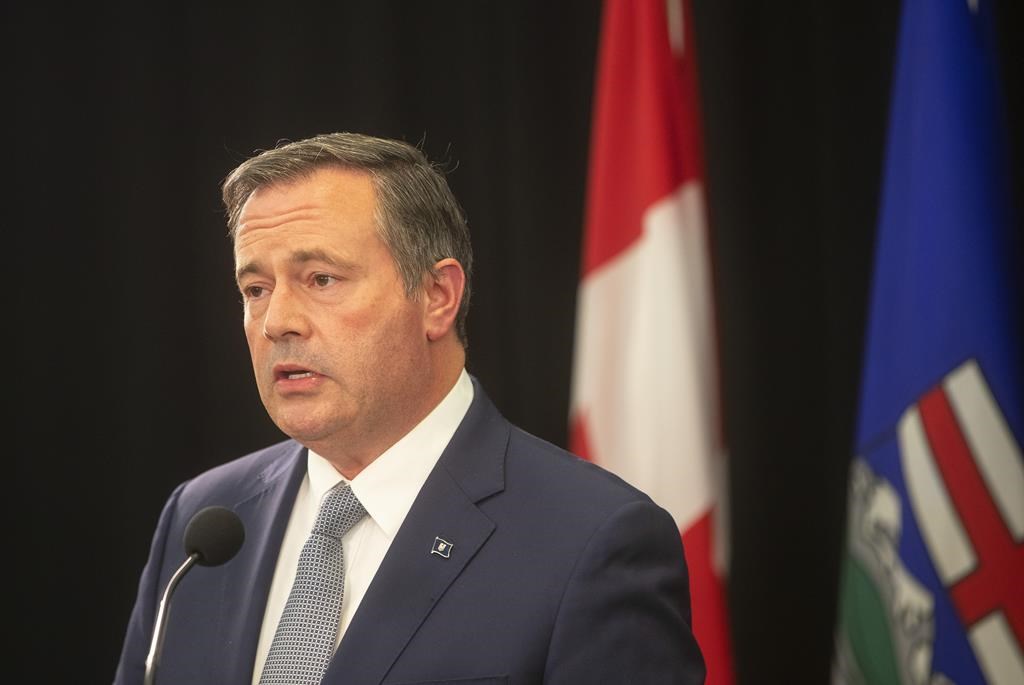Canada’s chief public health officer says provinces are going to have to find a balance between containing public health measures and returning to a sense of normalcy as the Omicron wave crests.
Several provinces have signalled their intention to do away with some of, if not all, remaining COVID-19 health restrictions.
Alberta Premier Jason Kenney says his government will announce next week a date to end Alberta’s COVID-19 vaccine passport, as well as a phased approach to ending almost all COVID-19 health restrictions by the end of the month, provided the pressure on hospitals continues to decline.
Related article:
Alberta premier hopes to start lifting COVID-19 health measures by end of month
Meanwhile, Saskatchewan Premier Scott Moe says he’s committed to ending all COVID-19 restrictions soon, even while COVID-19 related hospitalizations are at their highest level since the pandemic began.
Chief public health officer Dr. Theresa Tam says even a complete series of two COVID-19 vaccines offer little in the way of protection against infection from the Omicron variant, and boosters work against transmission only for a period of time.
She says vaccine mandates should be re-evaluated, but governments still need to find ways to optimize vaccination levels.
More than 91 per cent of adult Canadians over the age of 18 have received at least one dose of a COVID-19 vaccine, the latest data from the Public Health Agency of Canada shows.
Vaccines offer strong protection against severe illness and hospitalization, even from Omicron. Two doses of an mRNA vaccine are 75 to 80 per cent effective against severe illness from the variant, according to Canada’s National Advisory Committee on Immunization. A third dose is at least 90 per cent effective at preventing hospitalization, including for Omicron, the U.S. Centers for Disease Control has reported.
Even though the number of new infections is trending down, there are still a daily average of about 10,000 new cases daily across Canada, Tam said.
Read more:
-
1 in 5 Canadian households report recent COVID-19 cases
-
Federal government introduces bill to spend up to $2.5B on rapid tests for provinces
-
COVID-19 led to more than half a year drop in life expectancy in 2020: StatsCan
More than 10,000 people are also being treated in hospital for COVID-19 each day as of Wednesday, she said.
Moe said in a video posted to social media that COVID-19 is not going away, but people are done with having to follow public health orders, so “normalizing” the virus and learning to live with it is the achievable option.
The Saskatchewan Medical Association, however, is warning that loosening health measures would strain the province’s healthcare system.
Ontario and Quebec, which have seen a slight decline in COVID-19-related hospitalizations this week, have both eased some restrictions, however, scientists and health officials in the two provinces have warned that cases will likely rise again as partial reopenings progress.
Newfoundland and Labrador is set loosen restrictions on businesses and group sizes on Monday, though Premier Andrew Furey, who is also an orthopedic surgeon, said Thursday that any changes must be done with caution.







